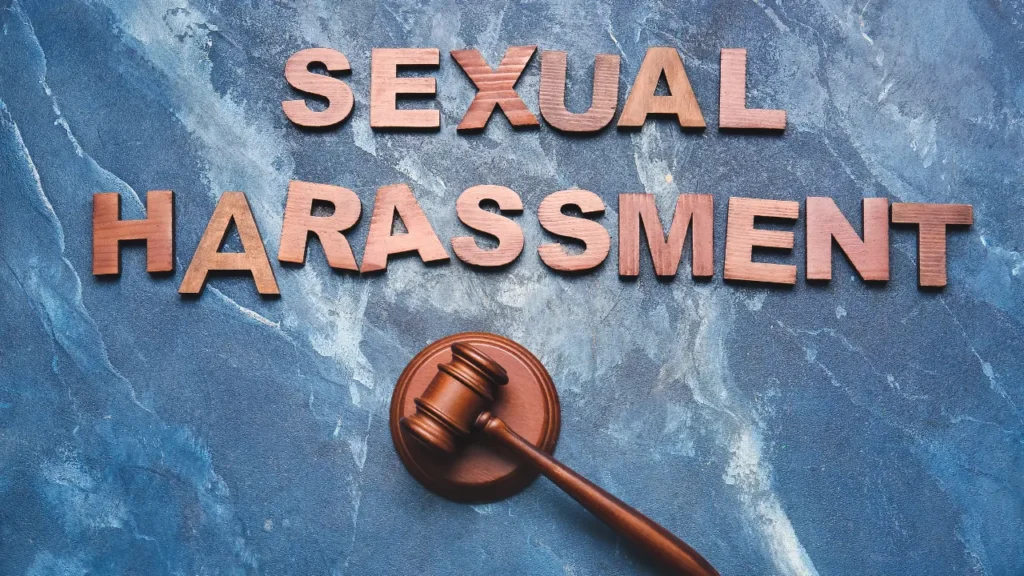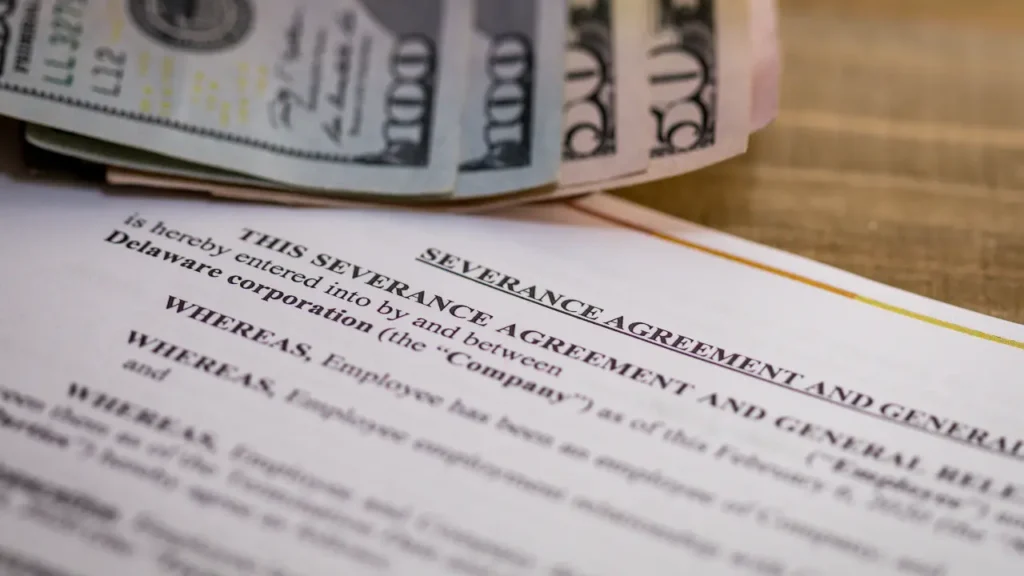Mass layoffs can sometimes be a pretext for wrongful termination. This means that the company may be using the layoffs as a cover for discrimination, retaliation, or other illegal reasons for termination. For example, if a company is laying off employees in a certain department and the majority of the employees being laid off are from a certain protected class (such as race, gender, age, etc.), it could be seen as discrimination.
It’s important to note that if an employee has an employment contract, that contract may prohibit layoffs or provide specific procedures for layoffs. Additionally, certain laws like the WARN act (Worker Adjustment and Retraining Notification) in the US, requires employers to give employees advance notice of mass layoffs, and it also provides protections to employees who are laid off.
If an employee suspects that they have been wrongfully terminated during a mass layoff, they should consult with an attorney experienced in employment law to determine if they have a case. An attorney can help them understand their rights, the legal options available to them, and what evidence they need to prove their case.
When a company decides to lay off a large number of employees, it’s important for them to do so in a fair and non-discriminatory manner. This means that the employees being laid off should be chosen based on legitimate business reasons, such as job performance or seniority, and not on the basis of an employee’s protected characteristics such as race, gender, age, or disability.
Additionally, if a company is laying off a significant number of employees, it may be required to provide advance notice to the employees and to the relevant state government, this is where the WARN Act comes in. The WARN Act (Worker Adjustment and Retraining Notification) applies to employers with 100 or more employees, and it requires them to provide at least 60 days’ notice to affected employees and the state government before a mass layoff or plant closing.
If an employee believes that they have been wrongfully terminated during a mass layoff, they should document any discrimination or retaliation they may have experienced, such as verbal or written statements, emails, or text messages that support their claim. Additionally, they should keep copies of any documents such as performance evaluations, that demonstrate their job performance was satisfactory.
It’s important to note that wrongful termination claims can be complex, and it’s important for the employee to consult with an attorney who is experienced in employment law. An attorney can help them understand their rights, the legal options available to them, and what evidence they need to prove their case. An attorney can also guide them through the process of filing a complaint with the appropriate government agency, such as the Equal Employment Opportunity Commission (EEOC) or the National Labor Relations Board (NLRB), and represent them in court if necessary.
It’s important to note that the laws and regulations regarding mass layoffs and wrongful termination may vary from state to state and country to country, so it’s important for an employee to consult with an attorney who is familiar with the laws in their specific jurisdiction.
In summary, mass layoffs can sometimes be a pretext for wrongful termination, but it’s important for companies to ensure that they are carried out in a fair and non-discriminatory manner and comply with the regulations regarding mass layoffs. If an employee believes they have been wrongfully terminated, they should document the discrimination or retaliation they may have experienced, and consult with an attorney who is experienced in employment law to determine their legal options.














